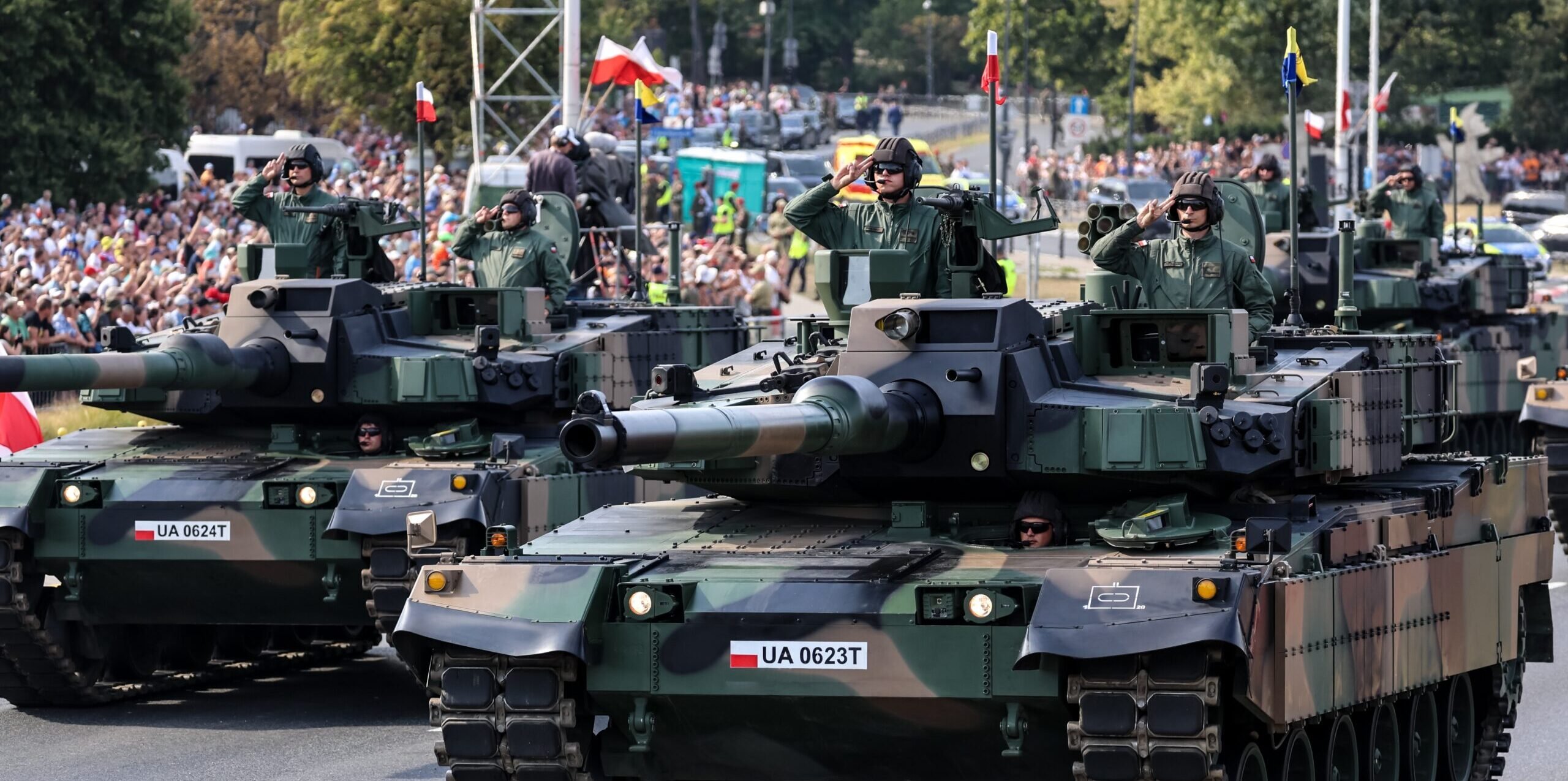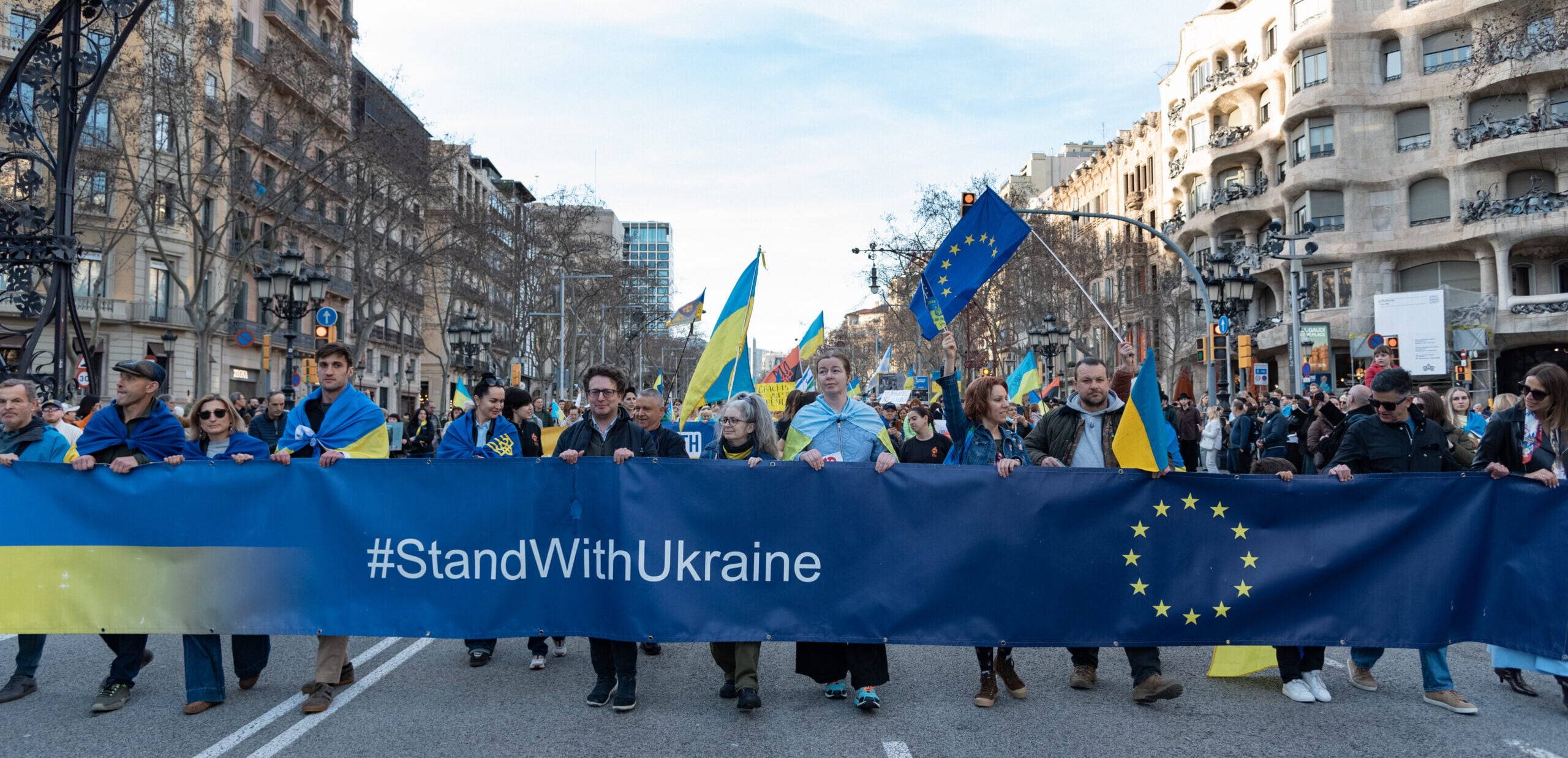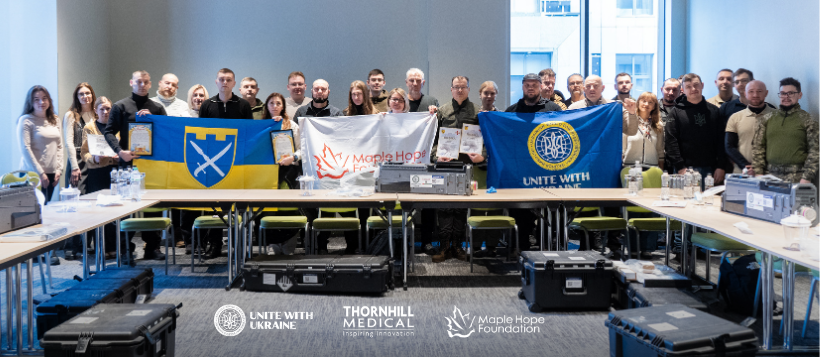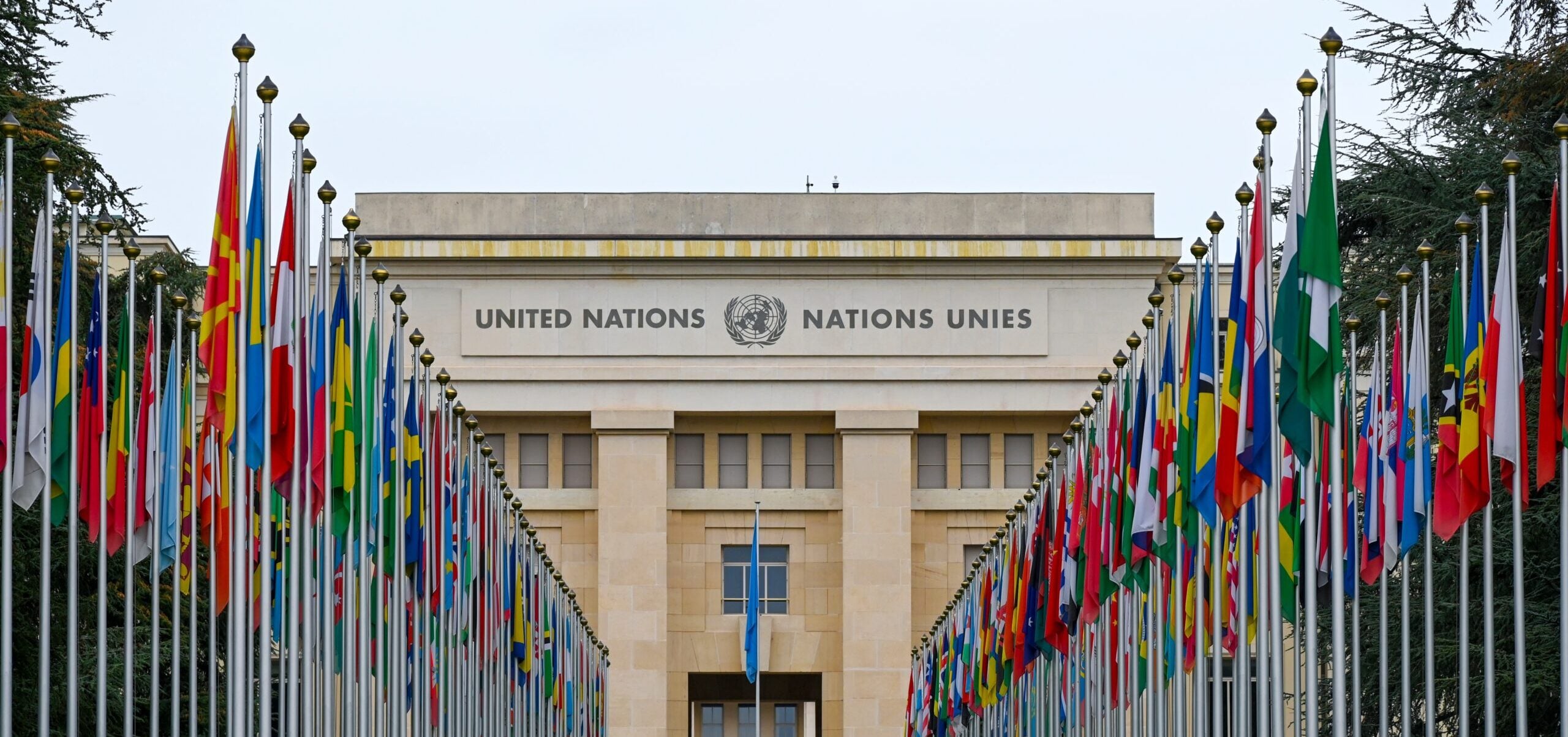

by Radosław Sikorski, Foreign Affairs Minister of Poland
Source: Ukrainska Pravda, citing Project Syndicate/ImpactCEE, 2025
For years, I have taken every opportunity to urge the European Union and its member states to invest more in defense. When Russian President Vladimir Putin launched his full-scale invasion of Ukraine, I repeatedly asked (as a member of the European Parliament) what further proof we would need to recognize the threats facing all of Europe. What would we – as Europeans – do if our security was threatened while our closest ally, the United States, was otherwise engaged?
Today, we confront that very situation. US officials are openly stating that they do not intend to devote most of their time or resources to dealing with what they deem European issues. According to Secretary of State Marco Rubio, the US has “other priorities to focus on.”
I agree. The global superpower has global responsibilities, and the number of flash points that might demand the US government’s attention seems only to be growing. In addition to challenges in the Western hemisphere, instability in the Middle East, and severe tensions between two nuclear powers – India and Pakistan – there is also the paramount goal of redefining relations with China. Moreover, according to the official US Defense Department planning doctrine, the US can no longer fight more than one major war at a time.
The new US administration has been communicating its position plainly. “We’re here today to directly and unambiguously express that stark strategic realities prevent the United States of America from being primarily focused on the security of Europe,” Defense Secretary Pete Hegseth announced in Brussels this February. And US Vice President J.D. Vance was even more direct, stating that “Europe’s entire security infrastructure … has been subsidized by the United States of America,” even though it is neither in Europe’s nor America’s interest “for Europe to be a permanent security vassal of the United States.” President Donald Trump himself has repeatedly accused Europe of “freeloading” and “taking advantage” of the US.
Europeans may not like what we hear, but we cannot pretend not to hear it. We must be prepared for the US to wash its hands not only of Ukraine, but even of Europe. Le Monde’s Sylvie Kauffmann recently argued, “Preparing for the worst is a safer bet than hoping for the best.” We can and should do both – hope and prepare. Trust but verify.
Ever since Trump announced his presidential candidacy back in 2015, there have been two schools of thought on interpreting his words. Some argue that we should take him seriously but not literally, whereas others urge us to do the opposite: treat him literally but not always seriously. I believe that the most reasonable and respectable approach is to treat whatever the US president says both literally and seriously.
Given the current state of the world, this implies that Europe faces an existential choice. We can enter the global game united, as a heavyweight competitor, or we can condemn ourselves to marginalization.
Much has been done already to become a heavyweight contender. Since 2016 – just before Trump’s first term – NATO members, excluding the US, have increased their annual defense spending by 98%, from $255 billion to $506 billion. Moreover, after three years of Putin waging war on Ukraine, the EU and its member states have proven willing to spend even more and to embrace a more cooperative, rational, and effective approach to defense planning and procurement. The new joint defense agreement between the EU and the United Kingdom is another step demonstrating this new strategic solidarity.
Deterring Russia is not beyond our means.
Cover: Shutterstock









